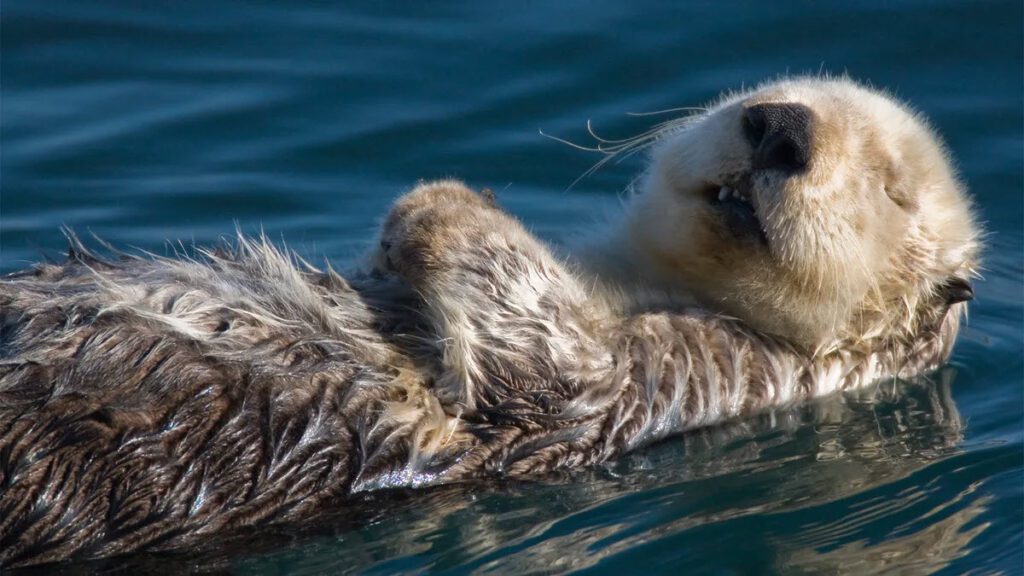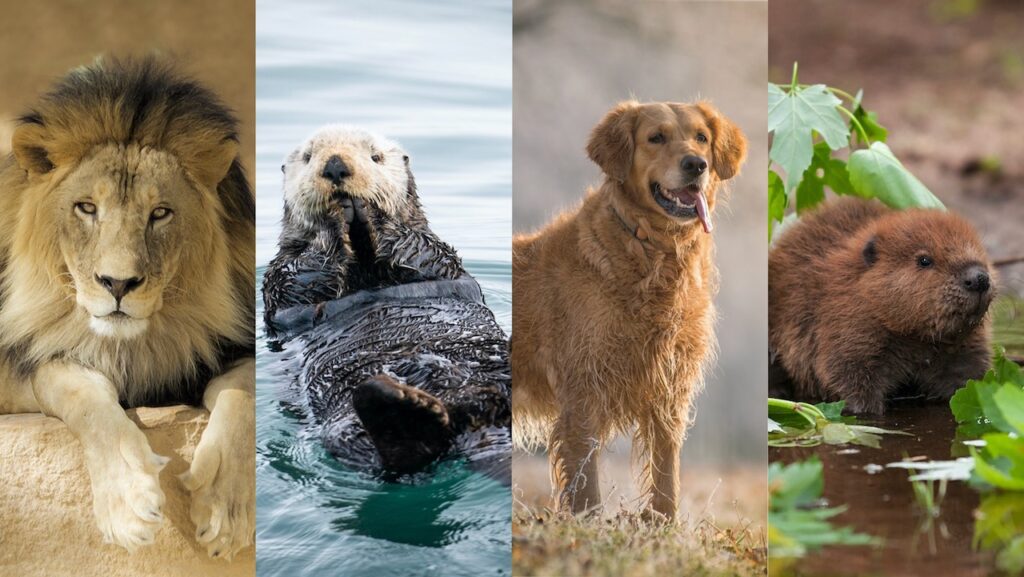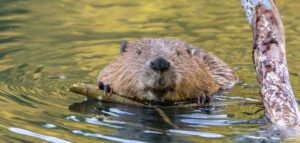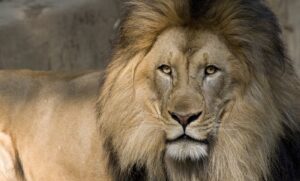
What is the Otter Animal Personality Type?
The Otter Animal Personality Type is an excitable, fun-seeking person who loves to talk. Otters are great at motivating others and need an environment where they can speak and vote on significant decisions. Otters’ outgoing nature makes them great networkers—they usually know many people who know many people.
Otters can be very loving and encouraging unless under pressure when they tend to use their verbal skills to attack. Otters strongly desire to be liked and enjoy being the center of attention. They are the life of any party, and most people enjoy being around them.
Otter Characteristics
- Constant talking
- Loud volume
- Bright eyes
- Moving hands
- Colorful expression
- Enthusiasm
- Ability to mix easily
Basic Disposition
Shapes Existing Environment by Working through People.
- Fast-paced
- People-oriented
Decision Making – Impulsive
- Intuitive and fast
- They make lots of “right calls” and lots of wrong ones.
Motivated by
- Prestige
- Recognition
- Approval of others
Basic Desires
- Have fun!
- Help and motivate others
- Verbally share their ideas
Needs
- Social activities
- Fun activities
Fears
- Fixed Environment
- Loss of Social Approval
Strengths
- Enthusiastic
- Optimistic
- Good Communicator
- Emotional and Passionate
- Motivational and Inspirational
- Outgoing
- Personal
- Dramatic
- Fun-loving
Weaknesses
- Unrealistic
- Not detail-oriented
- Disorganized
- Impulsive
- Listens to feelings above logic
- Reactive
- They can be too talkative
- Excitable
Get depressed when
- Life is no fun, and no one seems to love them.
Leadership Style
- They excite, persuade, and inspire others.
- Exude charms and entertain.
- But are forgetful and poor at following through.
Work Valuablity
- They are colorful, creative, optimistic, light-touching, cheering up others, and entertaining.
Under Pressure or Tense Situations
- The otter ATTACKS.
- They can be more concerned about their popularity than achieving tangible results.
Recovery
- Social Time
Time Management
- They focus on the future.
- Tendency to rush to the next exciting thing.
Likes
- People who listen and laugh, praise and approve.
Dislikes
- People who criticize don’t respond to their humor and don’t think they are cute.
Advice
- Be attentive to others
- Be more optimistic
- Get more organized
- Don’t talk as much
- Learn to tell time
Otter Communication Style
- To be enthusiastic, stimulating, and enjoyable.
- Agree on the specifics of any arrangement.
- Don’t deal with details – put it all in writing.
- Do not hurry the discussion – give them a chance to verbalize.
Otter Personality Type cross-reference
- Keirsey Type – Idealists
- Temperament Type – Phlegmatic
- DISC Type – Influential
- Socio-Communicative Type – Expressive
- True Colors – Blue
- Color Code – Blue
- Personality Compass – West
- Occupational Type – Artistic
- Learning Type – Theorist
- Leadership Type – Collaborator
MBTI Personality Types (xNFx) – Intuition and Feeling
Enneagram Types
- Type 1 – The Reformer (ENFJ, INFJ)
- Type 4 – The Individualist (INFJ, INFP)
- Type 7 – The Enthusiast (ENFP)
- Type 9 – The Peacemaker (INFP)
Otter Personality Type Careers
What are the Animal Personality Types?
Gary Smalley was an American family counselor and author of many books on family relationships. He characterized the Four Core Personality Temperaments as Animals, where each Animal Type describes how a person responds naturally toward others in daily life and work situations.
The Animal Personality Type does not reveal anything right or wrong about an individual. Instead, it explains how naturally you will act in ways that are specific to that type of Temperament.
He characterized the Choleric Temperament as Lions, the Sanguine Temperament as Otters, the Phlegmatic Temperament as Golden Retrievers, and the Melancholic Temperament as Beavers.

Personality Temperaments, Traits, and Types
Personality Temperaments, Personality Traits, and Personality Types are used in Psychology to discuss a person’s Personality, a collection of Emotions, Perceptions, and Actions that interact with each other, regulate themselves, and shape a dynamic system that forms a person’s Behavioral Patterns.
Your inherited Traits (your Personality Temperament), along with your acquired Traits (such as education, socialization, and other various pressures and aspects in your life), form your Personality.
A Personality Type identifies a specific collection of Traits, both learned and natural, that comprise a broad, general Personality Classification—a way of labeling a collection of traits and behaviors.
A Personality Trait remains consistent and stable over time, which means you exhibit the same pattern across different situations and throughout your life.
Three criteria characterize Personality Traits: (1) consistency, (2) stability, and (3) individual differences. For example, if you are talkative at home, you also tend to be talkative at work. And if you were talkative at age 20, you would still be chatty at age 40.
Personality Temperament is your “Naturally Intuitive” biological Trait. These Traits are partly inherited from your genes and partially determined by your brainstem, which doesn’t change throughout your life. These are Natural Traits regarded as innate or inborn and not learned.
Your Personality Temperament is formed as an infant and is hard to modify, manipulate, or change because it is genetic. In some way or another, your inherited behavioral tendency will always be there.
Personality Traits are the quantitative differences between people, and Personality Types are qualitative differences between people. The most crucial difference between the Trait Theory and Type Theory is that Type Theory views people’s characteristics as discrete categories. In contrast, Trait Theory views these characteristics as a continuum.
For example, while a Type Theorist would claim that introverts and extraverts are two types of people, a Trait Theorist claims that extraversion is a gradient, and individuals can fall somewhere in the middle.
Your Temperaments, along with acquired Traits, form your Personality.



